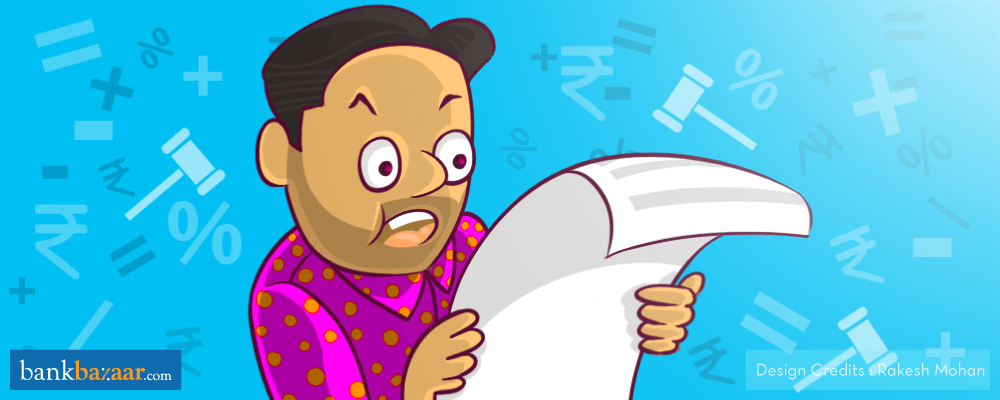
It’s time to test your tax knowledge! Whether you think you have enough knowledge about Indian tax rules or you know nothing at all, you need to read this further. If you belong to the former category and know everything about taxes, great! Most of us take taxes way too lightly and start thinking about them seriously only when we’re supposed to file our return. Filing your income tax return is not all there is to it. You need to know every tax rule that’s going to affect you sooner or later.
Additional Reading: List of Taxes Levied by the Indian Government
So, are you all set? Let’s find out whether you know everything you need to about tax rules in India or if you’re just living in a bubble! Either way, you’ll learn something new. Here are things you must know:
- The interest you earn on Fixed Deposits is taxable
Yes! You read that right. In case you thought that FDs are the best because the interest earned is not taxable, you’re wrong. We’re not denying the fact that FDs are one of the safest investment options, but banks deduct TDS (Tax Deducted at Source) on the interest earned on an FD if the amount is greater than Rs. 10,000 per year.
- Planning to invest in the securities market? Heard about RGESS?
In case you haven’t heard of this term before and plan to invest in the securities market for the first time, we’ve a good news for you! RGESS stands for Rajiv Gandhi Equities Saving Schemes, which is exclusively for first time retail investors. It gives tax benefits to all first time retail investors, who invest up to Rs. 50,000 and whose annual income is less than Rs. 12 lakh.
- Have you rented out properties? What about taxes?
You must know about the tax deductions as well if you’ve given some of your properties out on rent. Your rental income is eligible for a total of 30 percent tax deduction. Did you know that?
- Does everyone need to file tax returns?
Don’t get confused by terms like TDS and various other sections of the Income Tax Act. If you’ve just started out and your earnings don’t fall under the tax bracket, you don’t need to file your taxes. However, it’s always a good practice to file your return as it will help you get refunds if you are eligible and it could also come in handy when applying for a loan.
Check This: Do You Really Need To File Your IT Return?
- Do you have a second vacant house? How much tax should you be paying?
In case you have another house lying vacant, you’re required to pay tax on rent not received. Sounds unfair? Wait, there’s more! This is also a part of your wealth tax and you’re also supposed to pay property tax for it as well. Therefore, leaving a second house vacant might not be the best decision of your life.
- What counts as a tax deduction and what doesn’t?
If you’re investing in different places – making voluntary contribution to your PF, paying Life Insurance premiums etc., you must know what out of these counts as a tax deduction and what doesn’t. Well, out of all these, you don’t get any deductions for your voluntary contribution to PF.
- How do you get additional tax benefits?
Nope! Having a large number of dependents is not the right answer. But in case you have a disabled dependent, you get additional tax benefits under Section 80DD of the Income Tax Act.
- Is HRA (House Rent Allowance) always tax exempted?
If you pay rent to your minor kid, your HRA is not exempted from taxes. On the other hand, if you pay rent to your parents, you will be eligible for an exemption.
With these eight points, we hope that you now have better information about taxes and how they work and affect you. Taxes are not as complicated as they seem. Just getting some of your facts right is all it takes to master the art of filing taxes.
Additional Reading: How To File Tax Returns Online!
Planning to buy a new house? Don’t worry! We have the best loans on offer. And don’t forget the tax savings that come along with it!